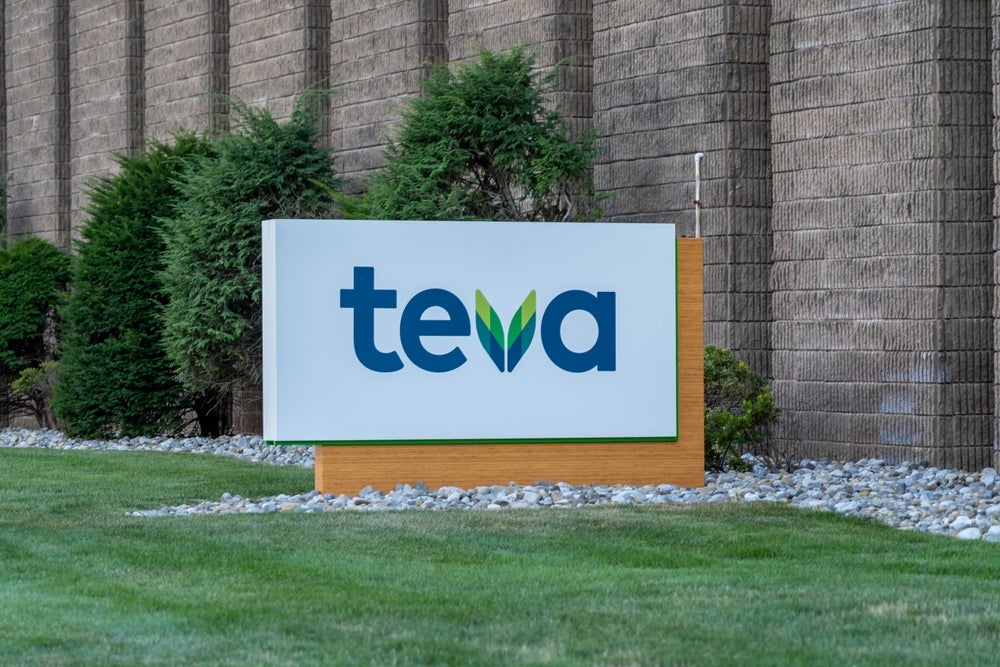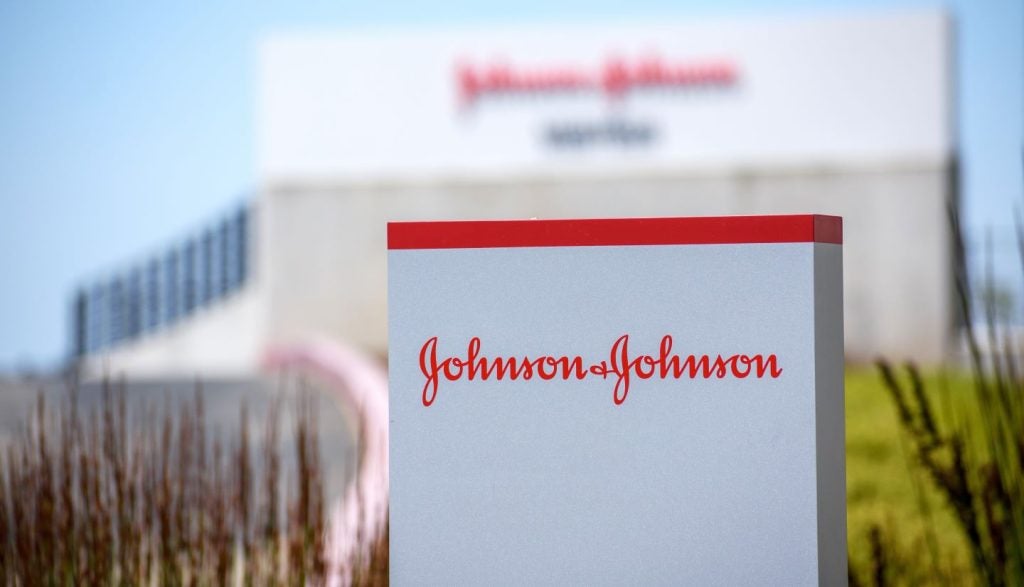Months after sending warning letters to pharma manufacturers challenging patents targeting drugs for diabetes, weight loss, and asthma, the Federal Trade Commission (FTC) has opened an investigation into Teva Pharmaceuticals. The federal agency is probing certain patents that may have blocked competition for asthma and chronic obstructive pulmonary disease (COPD) medications.
Last week, on the basis that Teva has wrongly made “minor tweaks” to its products in a bid to keep patent exclusivity, the FTC sent a civil investigative demand ordering the company to provide internal communications, analysis and financial data related to the contested patents, The Washington Post first reported.
The patents were listed in the US Food and Drug Administration’s (FDA) Orange Book, which is formally known as a compendium for the “Approved Drug Products with Therapeutic Equivalence Evaluations.” The Orange Book includes a list of safe and effective drug products that have been approved by the FDA.
As per the report, Teva has until 24 July to comply with the FTC’s order.
The FTC first waded into the dispute in April when the commission sent warning letters to several companies including Novo Nordisk, Novartis, and AstraZeneca. In the letter sent to Teva on 30 April, the FTC highlighted patents in the Orange Book that were “improperly or inaccurately” listed. These patents covered the company’s AirDuo Respiclick, AirDuo Digihaler, ArmonAir Respiclick, and ArmonAir Digihaler products developed for patients with asthma or COPD.
“Teva believes that its patents are properly listed in the Orange Book and continues to stand behind the company’s intellectual property,” Teva spokeswoman Kelley Dougherty said in an email to The Washington Post.
The Orange Book is an “unusual” system that has encouraged generic developers to challenge patents, Rohit Singla, a litigation partner at US law firm Munger, Tolles & Olson previously told Pharmaceutical Technology. Moreover, its purpose is to “give generic drug companies certainty before coming to market.”
However, a common strategy employed by pharma is the design of “sham patents,” a form of “evergreening” that essentially extends patent exclusivity over a given brand drug and delays the entrance of cost-effective generics and biosimilars.
In recent years, Teva has had to navigate choppy patent waters. In September 2023, a District Judge sided with Eli Lilly in a patent infringement dispute, overturning a $176.5m jury ruling that the mechanism of Lilly’s migraine drug, Emgality (galcanezumab), infringed upon Teva’s patent for the migraine drug Ajovy (fremanezumab).
According to GlobalData’s consensus forecasts, Ajovy is expected to generate $792m in global total sales in 2030. GlobalData is the parent company of Pharmaceutical Technology.
















